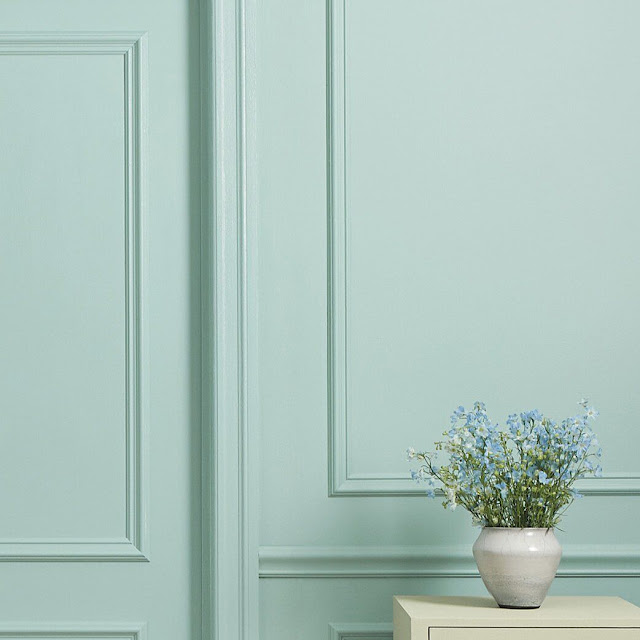AD | This is a sponsored post but all thoughts are my own
Skirting boards are assumed to have come about in the 1800's during the Victorian era, as these were the earliest use cases on record. Damp proofing had not yet been established so skirting boards were there to prevent rising damp on the walls as well as to protect walls from bumps and knocks, and to reduce draughts as Victorian homes weren't as well insulated as our modern day counterparts. While some classic features like dado rails and picture rails have been phased out of some homes - and not added to new ones - the humble skirting board is still a prevalent feature today.
So with that, some of the many reasons why you should cherish your skirting boards.
They protect your home
Skirting boards protect the wall from any knocks and bumps from pets, the vaccum cleaner, children's toys and if like me, exercise equipment has somehow accumulated in your home. Skirting boards also protect the wall from moisture (say you spring a leak, the house floods, or you have an accident prone family / pets) by forming a physical barrier, and some types even have moisture resistant capabilities which make them the perfect candidate for bathrooms or alongside floors that require frequent mopping.
They are practical
They create a neat join between wall and floor. Skirting boards also seal off any gaps where pet fur, dust, and the like may otherwise gather. A good quality Bullnose skirting board is rounded in design meaning there is nowhere for dust to hide and is easy to clean. They also have the added bonus of hiding any imperfections you may have lower down on the wall like a bad paint job or exposed plaster.
They look great painted
Whatever the colour, skirting boards can give nice clean lines. I'm a big fan of dark interiors and a white skirting board can look crisp against a dark wall. I have in fact opted for white in many of the rooms here. In the lounge to lift the dark inky blue walls and wood flooring. In the office to frame the sumptious brinjal walls. And in the bedroom to contrast against the cocooning grey walls. Skirting boards can also give the illusion of high ceilings in rooms with low ceilings if you paint the skirting board the same colour as the walls.
Skirting boards also have great longevity in that you can always paint them another colour in the future if you fancy a refresh. Interiors are becoming braver and braver in this regard with an influx of coloured skirting boards. Pink skirting boards are having a moment, as are pastel shades like soft blues and greens.
Dark skirting boards are also very much en vogue. Navy blue skirting boards look incredible with navy stairs and railings against a white or soft grey wall. As do black and grey skirting boards.
They add character
Particularly if you have nice ornate ones. Taller skirting boards can add grandeur to a room. Our ancestors installed these to give the impression they were wealthier than they actually were. Last but not least, skirting boards can look really smart against a statement wallpaper. Especially if you pick out an accent colour from your wallpaper and paint the trim to match.
So there you have it. Skirting boards exist for practical reasons but can also bring fun, colour, drama or grandeur into your home. It all depends on the type of skirting board, and how you paint them. Writing this feature has me yearning to pick up a paint brush and run riot in the hallway. The only stumbling block is deciding between pastel skirting boards and a matching staircase, or going to the dark side with black or navy blue skirting boards for a monochrome look. Thoughts?
All images Pinterest (original source unknown). If any of these images are yours, please reach out to me so I can fully credit you!













